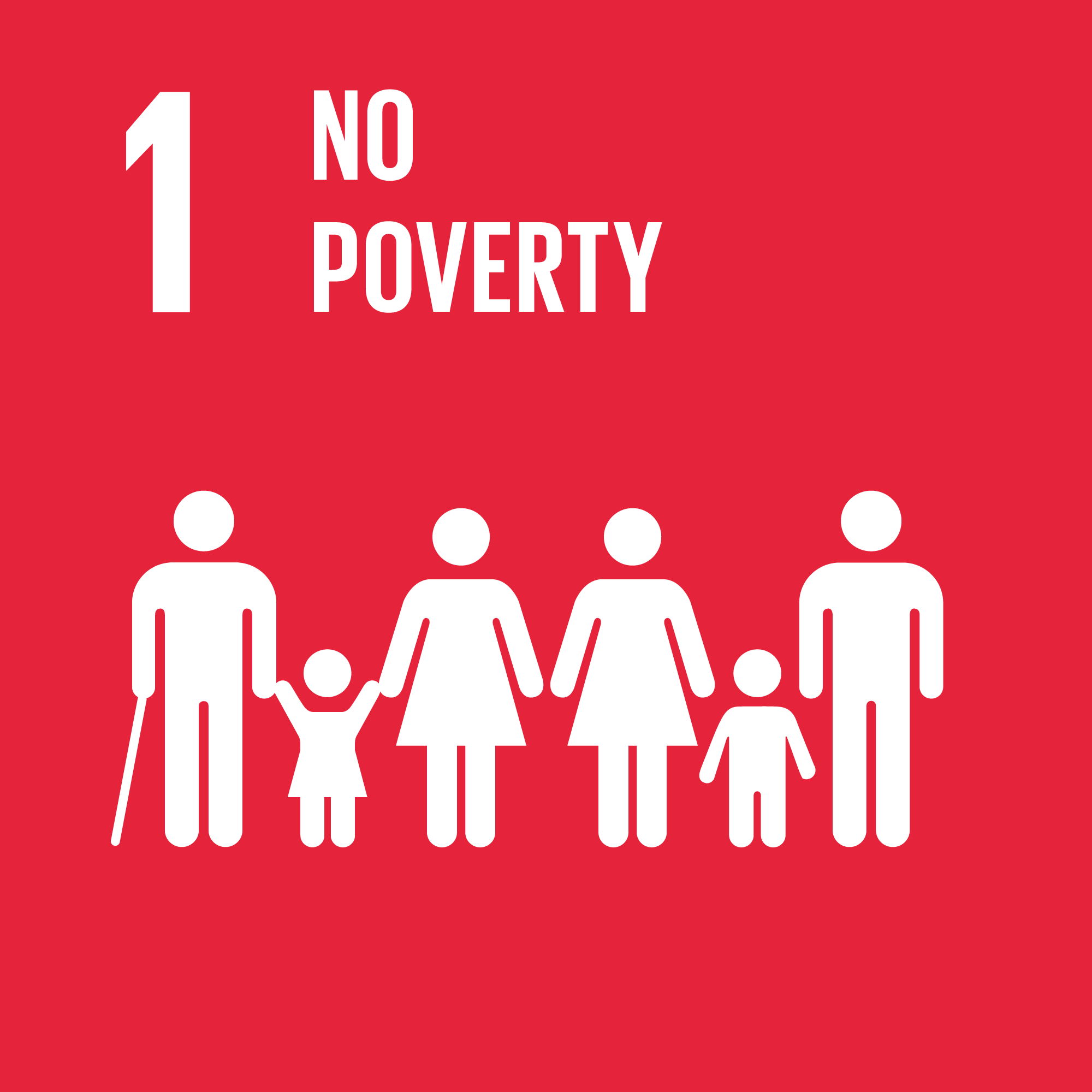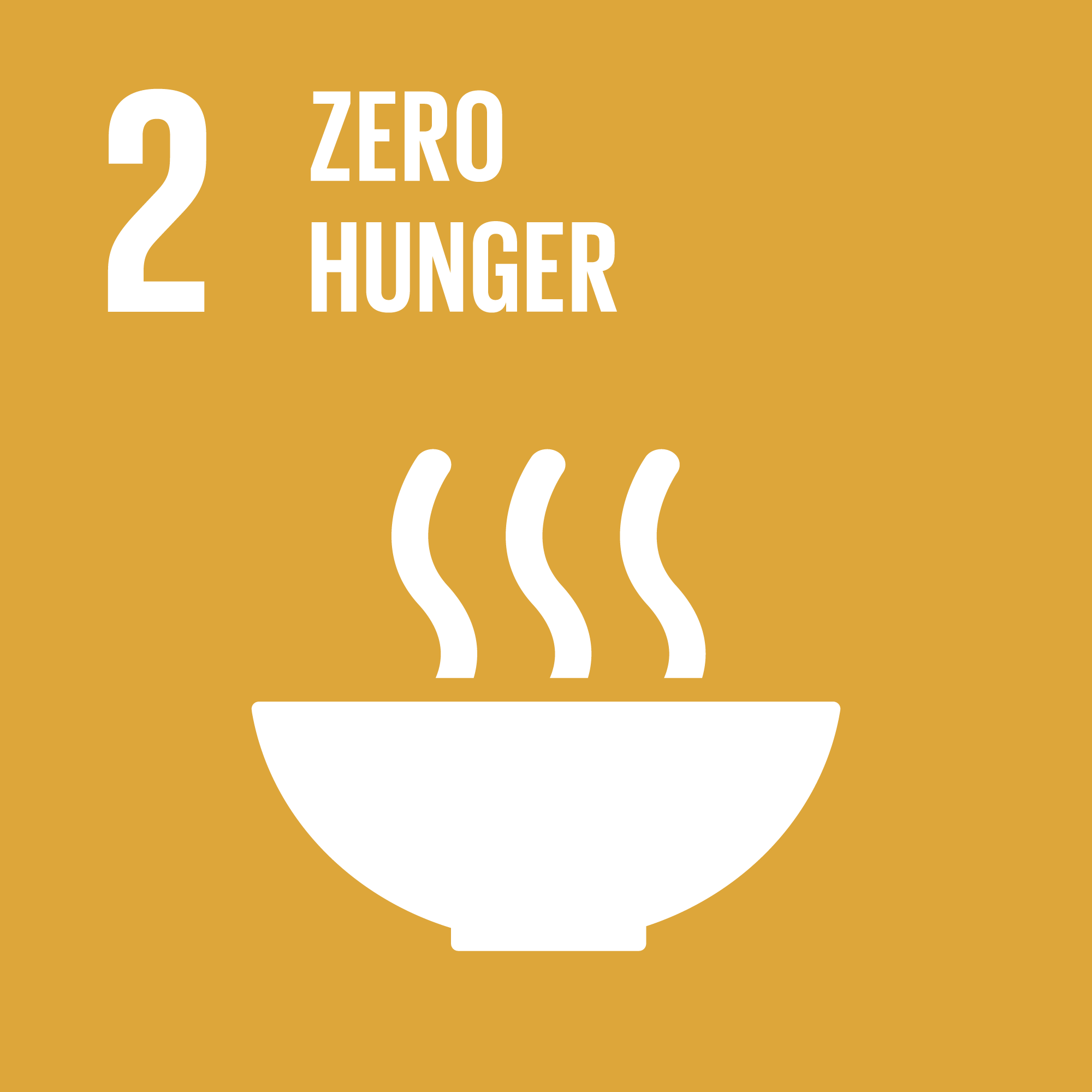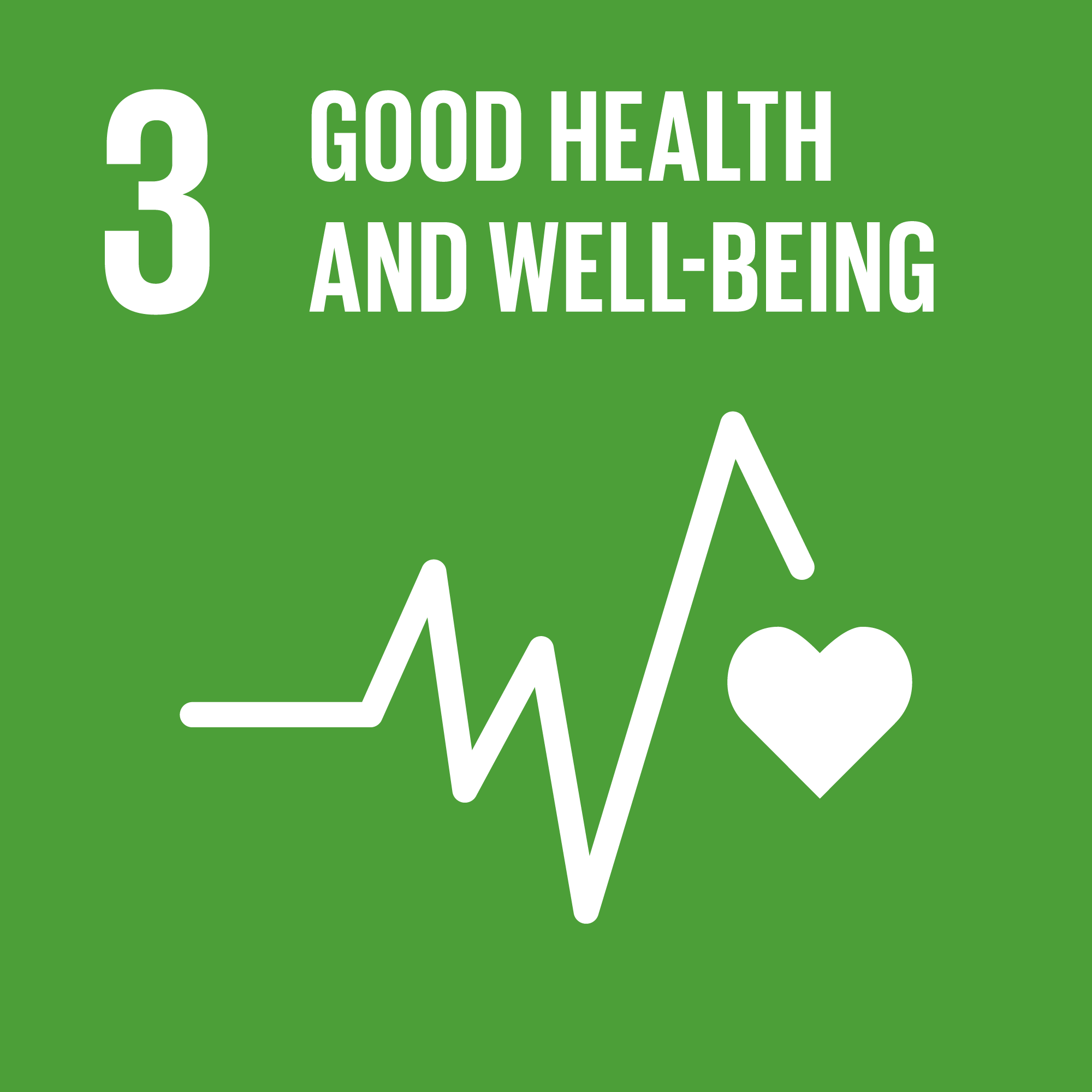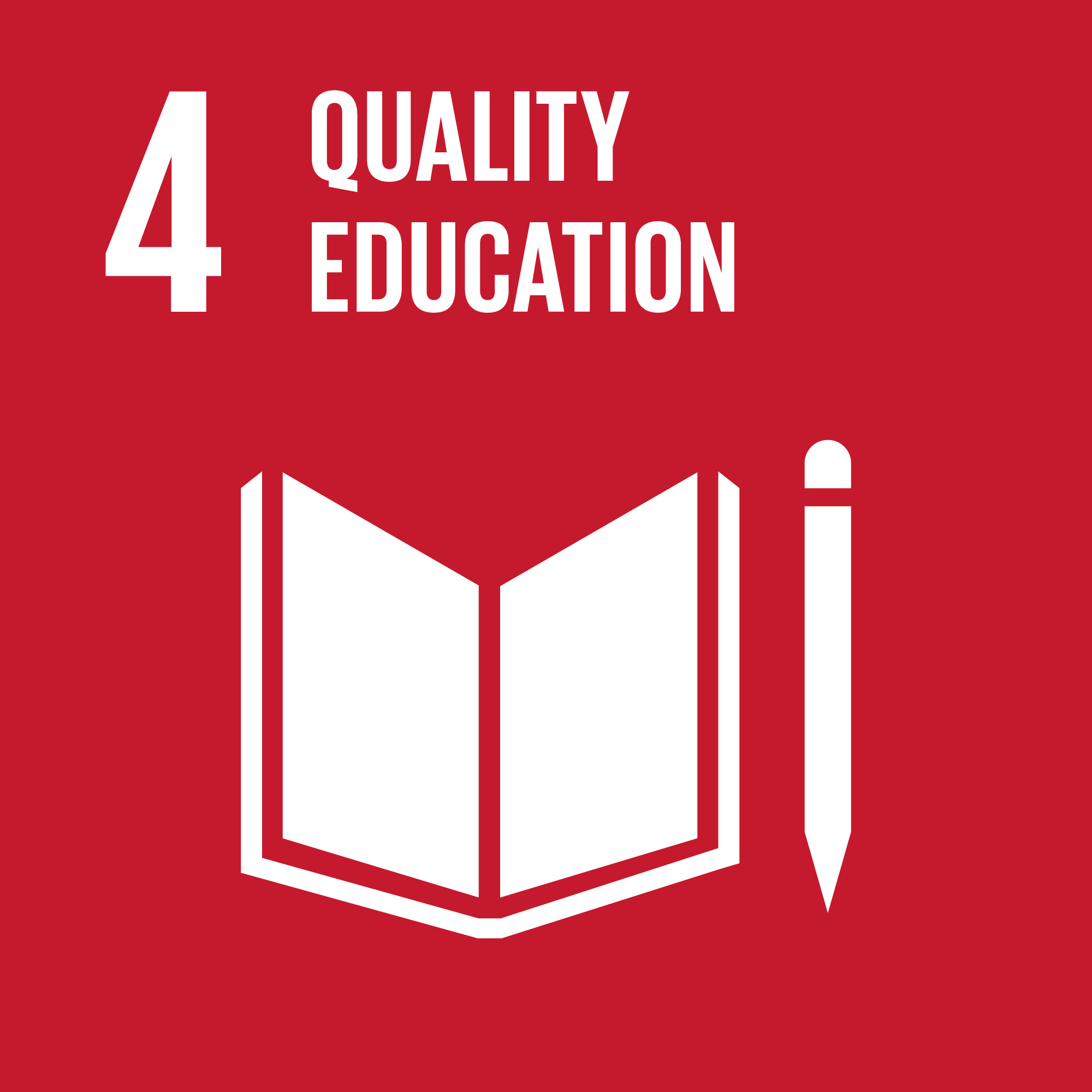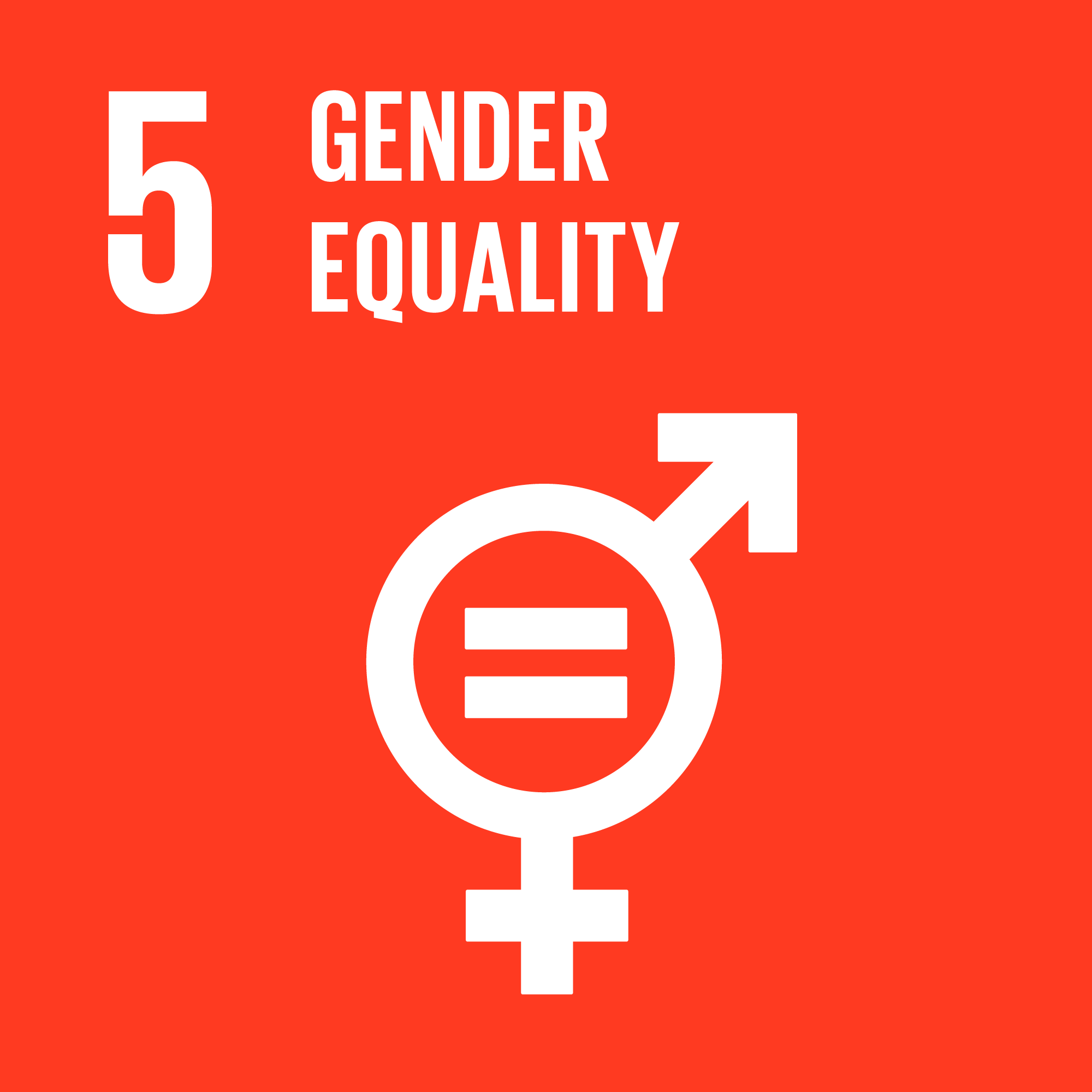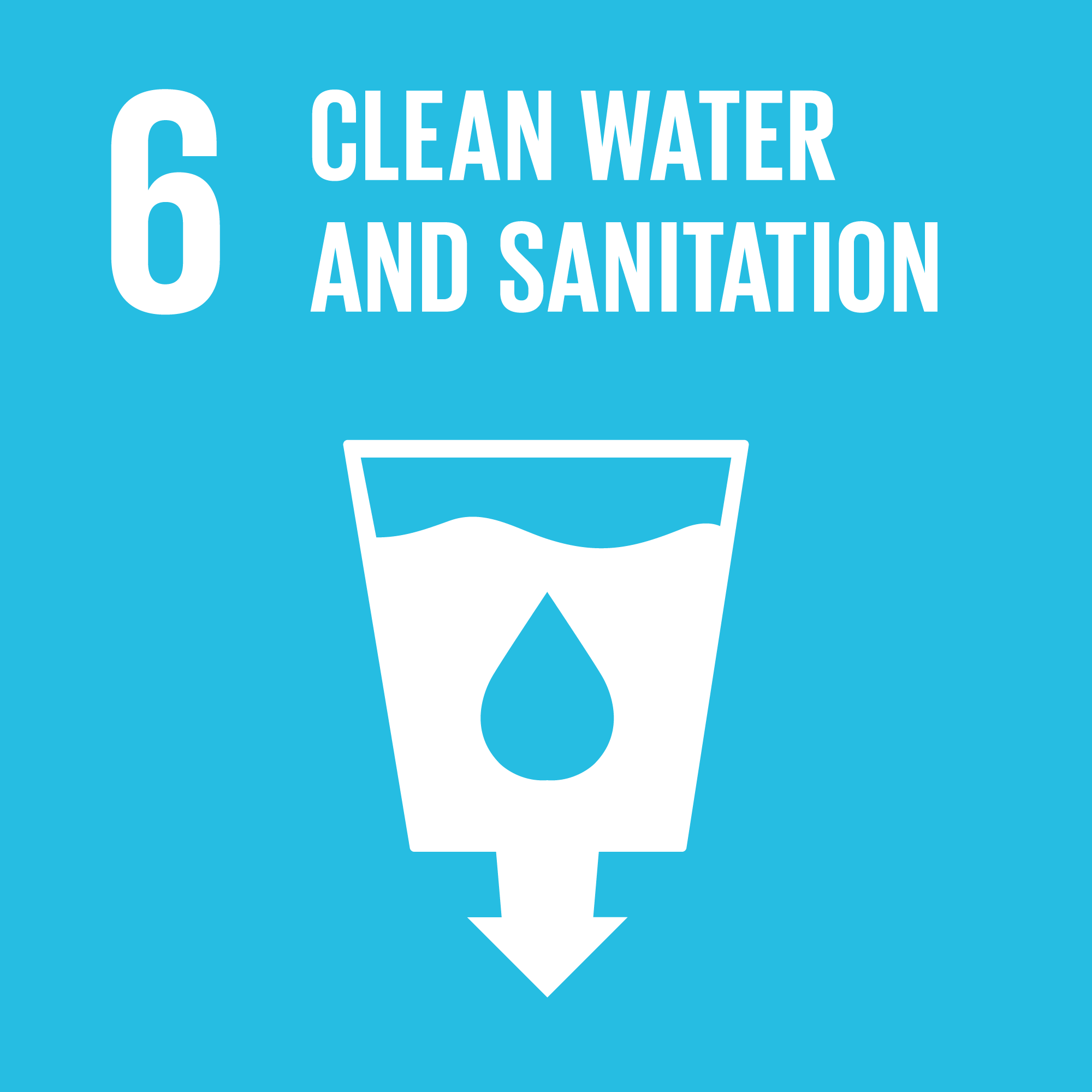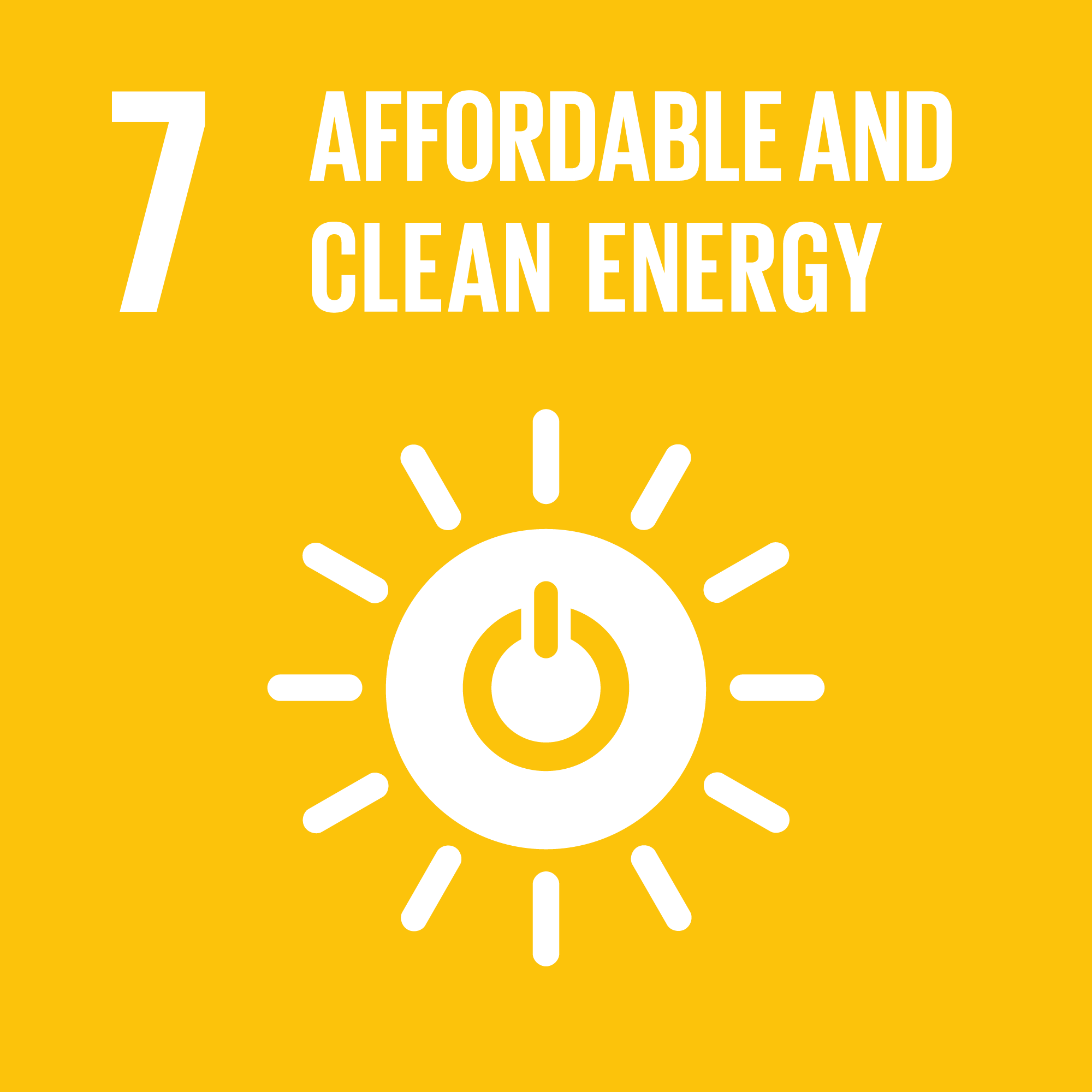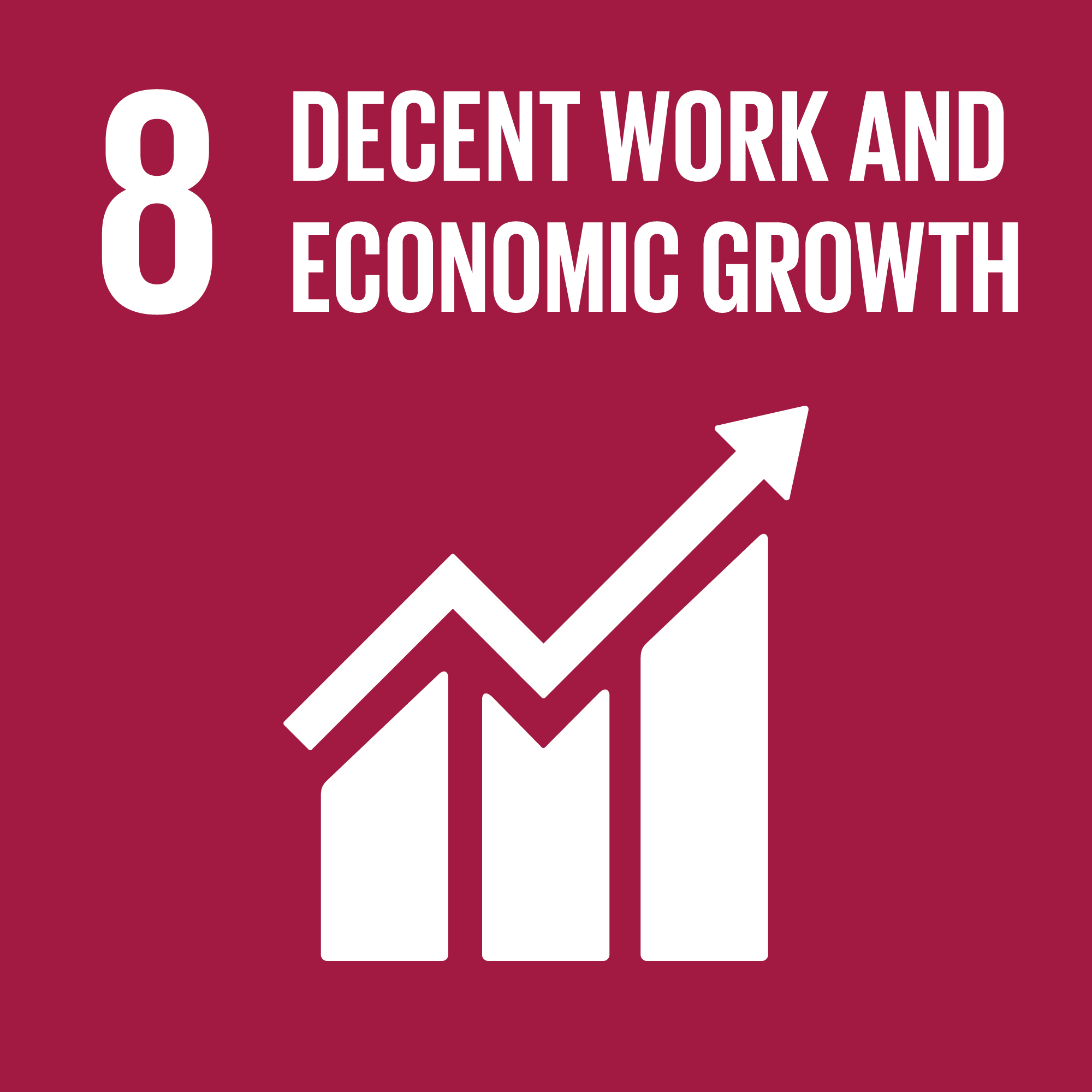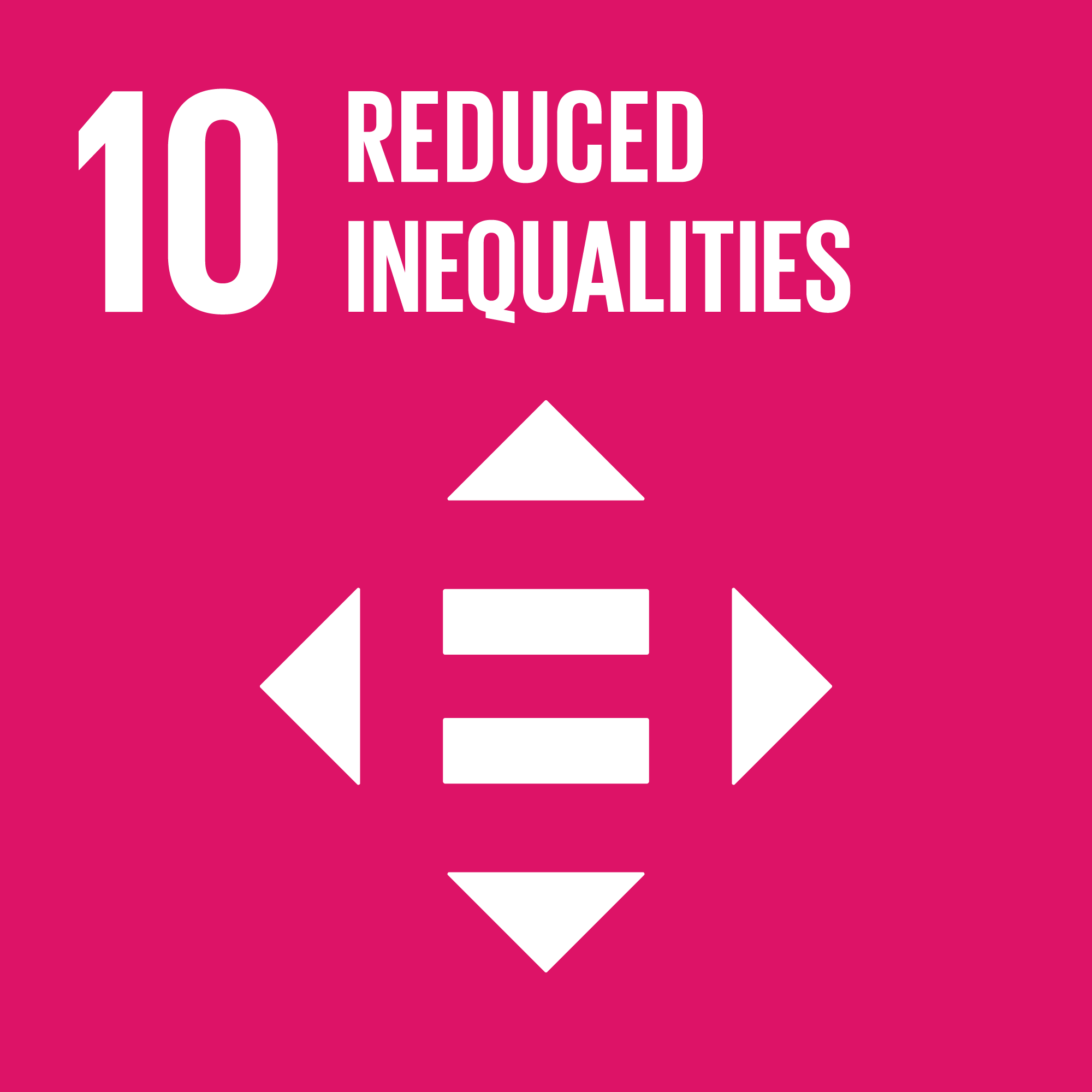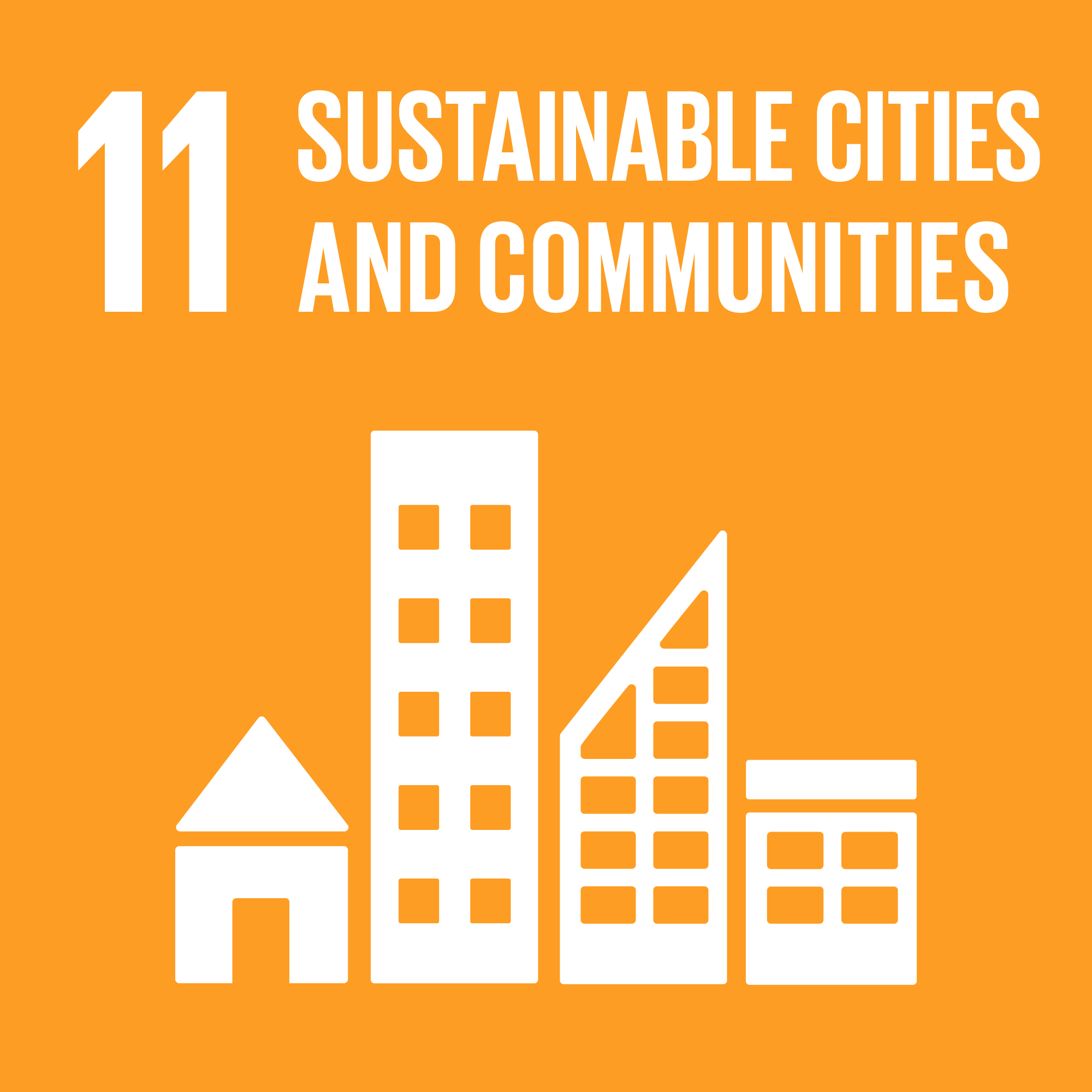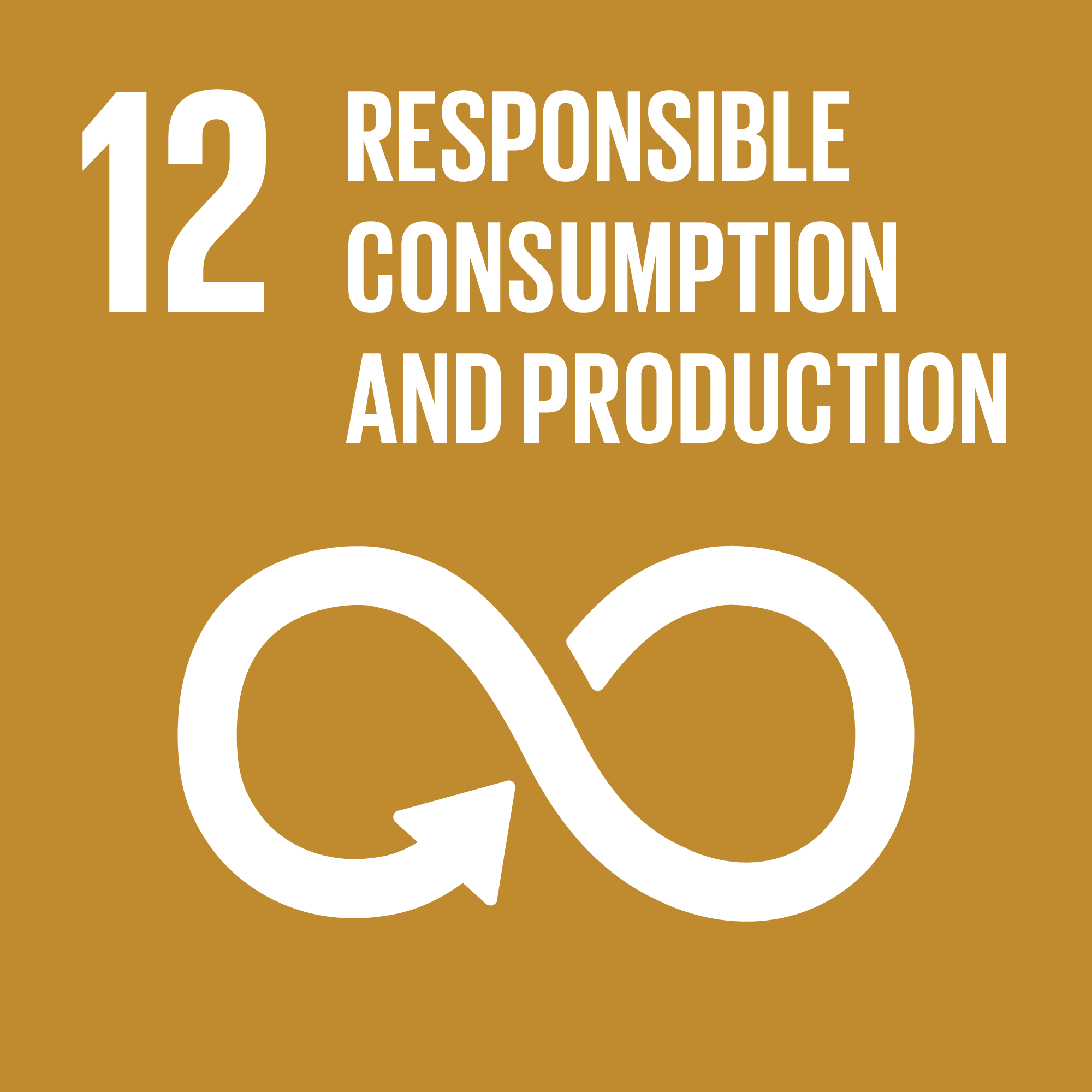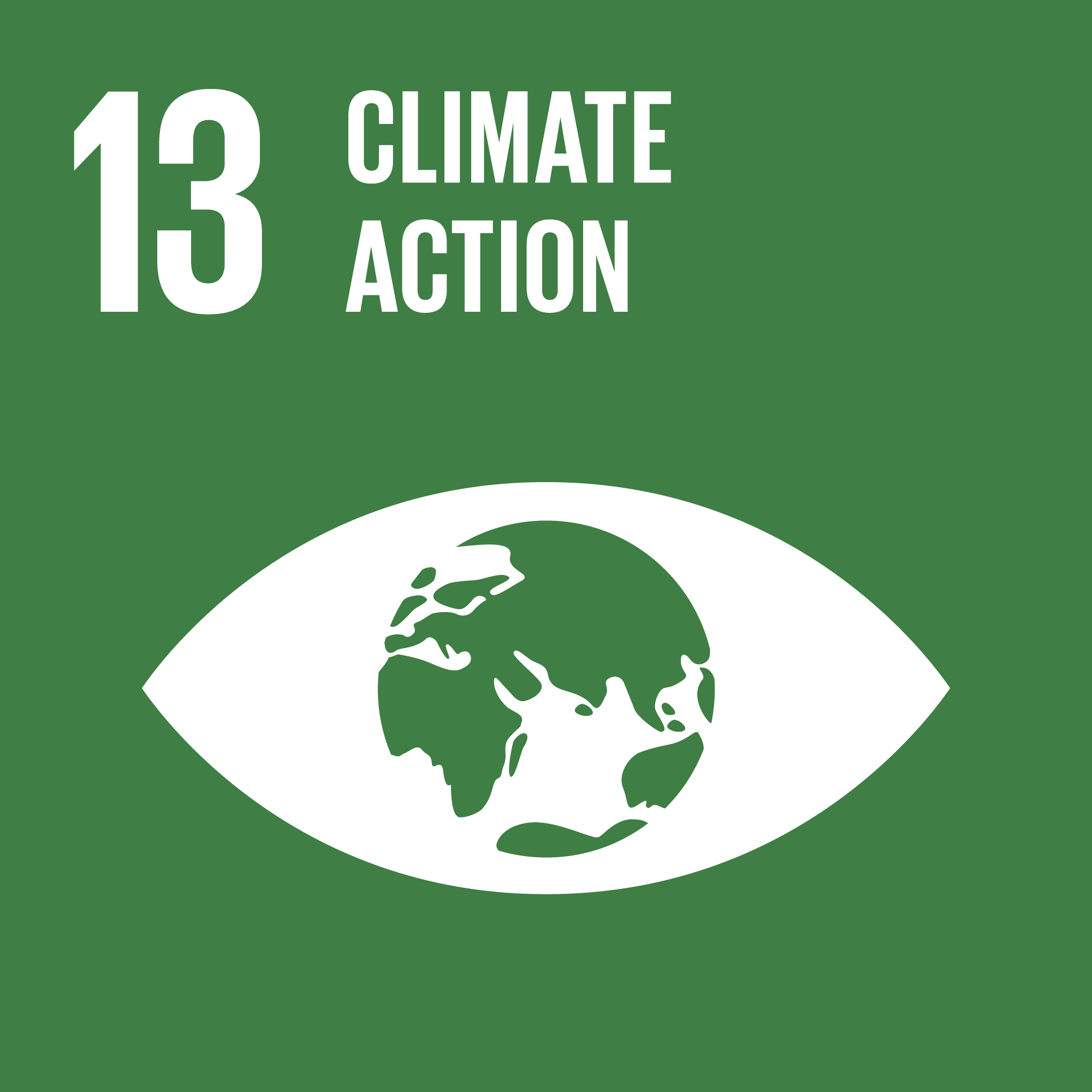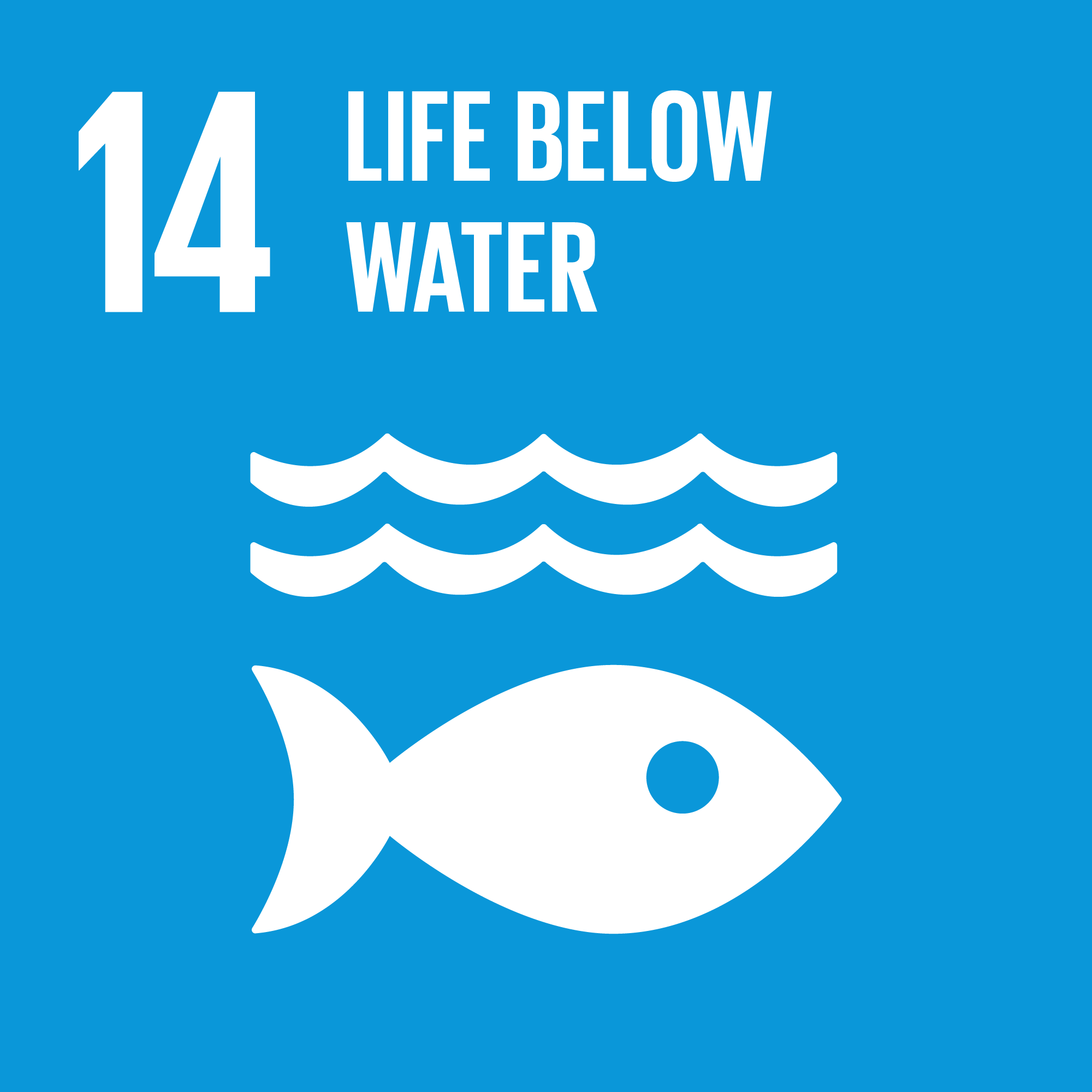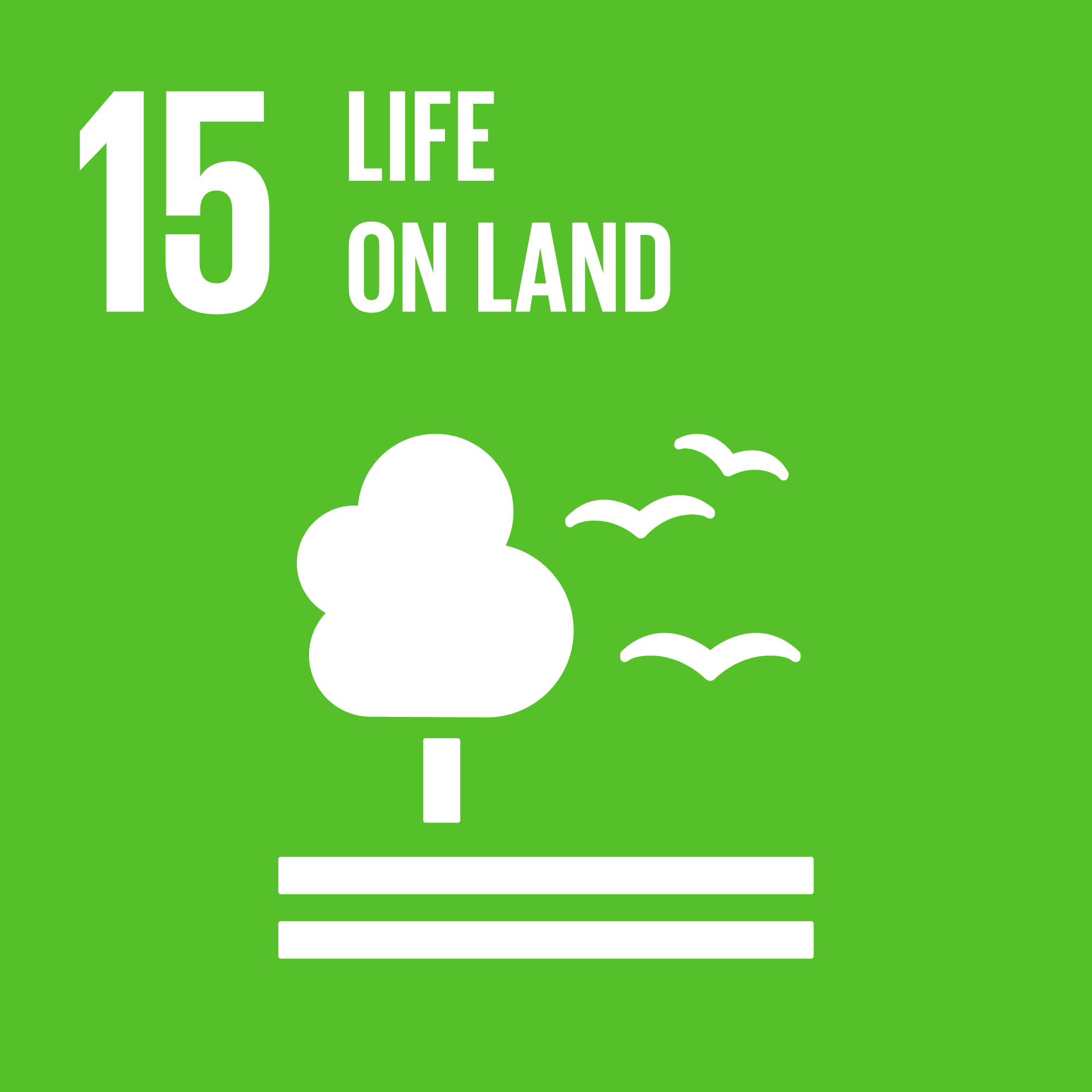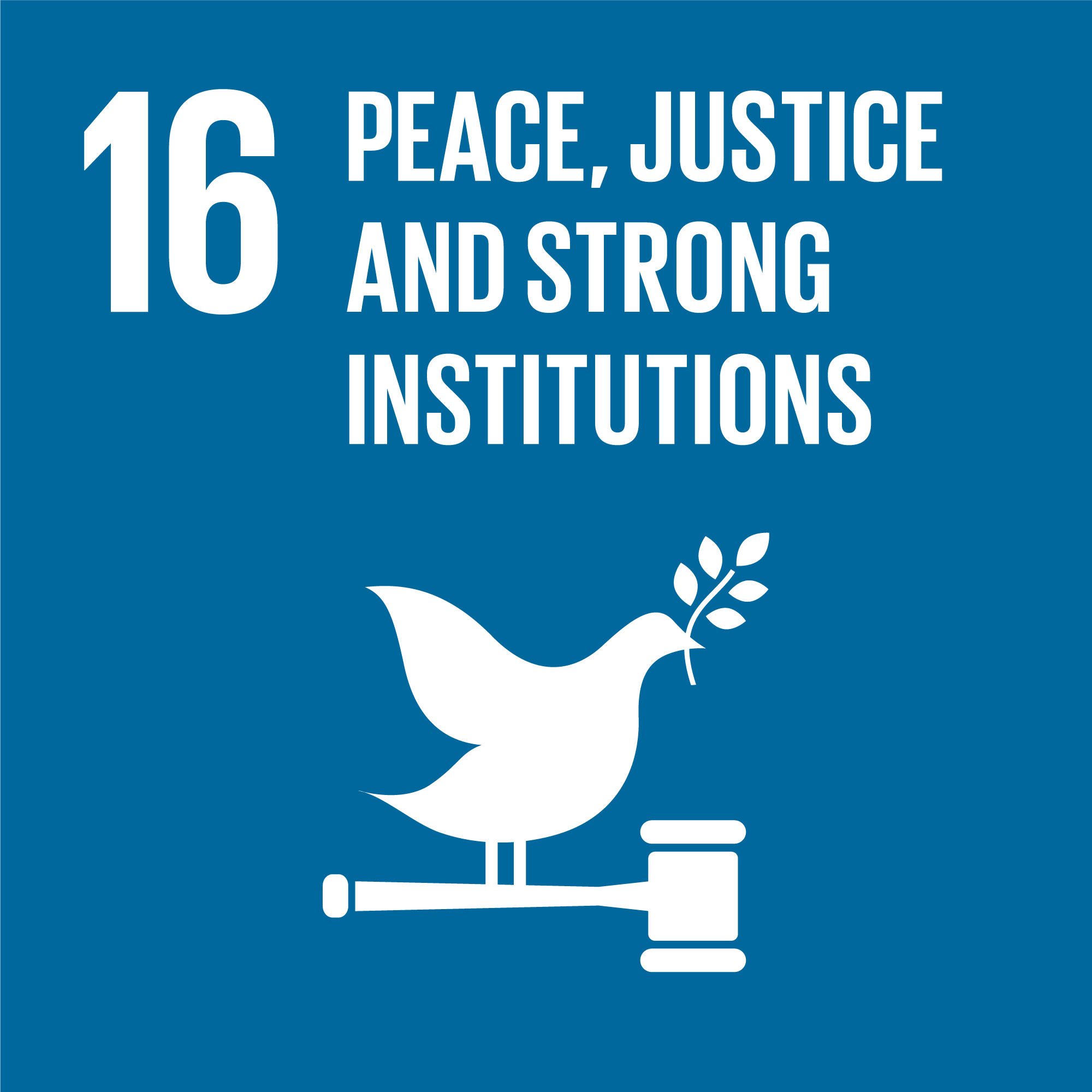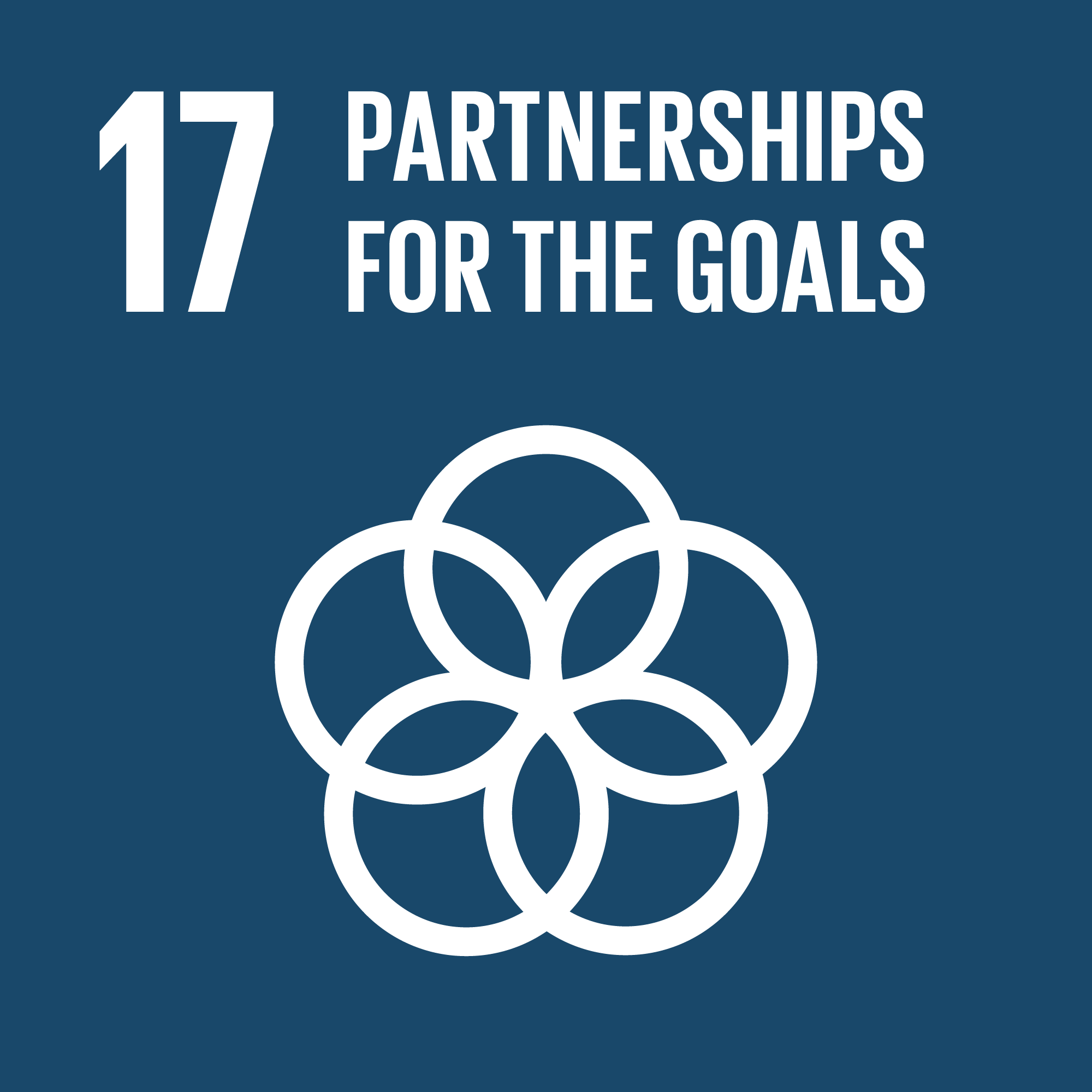Craig School of Business
Fresno State and the United Nations Global Compact
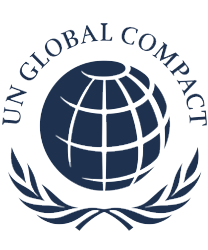 California State University, Fresno is now a member of the United Nations Global Compact, the world’s largest voluntary corporate sustainability initiative. The UN Global
Compact aims to mobilize a global movement of sustainable companies and stakeholders
to create the world we want.
California State University, Fresno is now a member of the United Nations Global Compact, the world’s largest voluntary corporate sustainability initiative. The UN Global
Compact aims to mobilize a global movement of sustainable companies and stakeholders
to create the world we want.
Under the leadership of Dr. Julie B. Olson-Buchanan, Dean of the Craig School of Business and Chair of the Fresno State United Nations Global Compact Steering Committee, Fresno State has issued a Communication on Engagement with the UN Global Compact. The Communication on Engagement is a comprehensive report documenting the many ways Fresno State is currently supporting the Ten Principles of the UN Global Compact in the areas of Human Rights, Labor, Environment and Anti-Corruption and the UN's 17 Sustainable Development Goals.
Download the Communication on Engagement About the UN Global Compact Report Your Contributions
How faculty are integrating the Sustainable Development Goals in their curricula

Particularly here in Fresno and the Central Valley, where we face such serious environmental and public health challenges, it is critical that journalists and the media be fostering productive conversation around these issues. MCJ 2 is an important entry-level class into the worlds of media writing, specifically journalistic writing. I already teach it from a social justice perspective; adjusting the curriculum to the sustainability goals was fluid, seamless, and meaningful. Students dove into their grant-related assignments with purpose and drive, leading to deeper thought on solution-finding than they had previously done. I’m very glad we participated.

The integration of sustainability into the CM 17 course has not only enriched the learning experience but also empowered students to contribute meaningfully to the construction industry’s evolution towards sustainability.
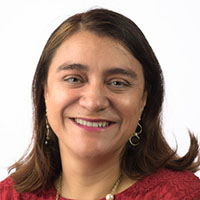
Excellent academic experience! Very good opportunity for faculty and students to learn about environmental initiatives at the global level.

ECON 40 Principles of Microeconomics is a lower-level GE course for all business and economics majors. In this course, students study how individuals and firms make and act on economic decisions regarding production, consumption, distribution, and resource management. This course also helps connect their lived experiences and the social, economic, political, and environmental context. Therefore, learning about SDGs and understanding sustainability concerns for their future is essential to the course. The redesign aimed to include a general discussion of UN SDGs, particularly focusing on the following Global Compact principles of inequality, labor rights, and climate change in the curriculum. The course redesign and its progress were shared with the other scholars working on similar integrations during a session on economic pedagogy at the 2024 meeting of the World Social Science Association in San Antonio, Texas. This presentation was made in collaboration with Dr. Kevin Capehart and Dr. Hannah Archambault, who each teach some of the sections of ECON 50, Principles of Macroeconomics, and have also redesigned their courses using the UNGC mini-grant. The presentation was well-received and generated new ideas to integrate other SDGs in the curriculum moving forward.
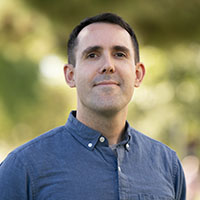
Professors Archambault and Capehart teach ECON 50, Principles of Macroeconomics. With the help of one of the mini-grants, they worked to redesign their respective offerings of that course in order to incorporate more about the UN SDGs. They also gave a presentation (along with a recipient of another mini-grant, Professor Srivastava who teaches ECON 40 “Principles of Microeconomics”) on their redesigns as part of a session on economic pedagogy during the 2024 meeting of the World Social Science Association.
How Fresno State is meeting the UN's 17 Sustainable Development Goals
Click the tiles to view Fresno State's actions to fulfill each of the 17 Sustainable Development Goals.
